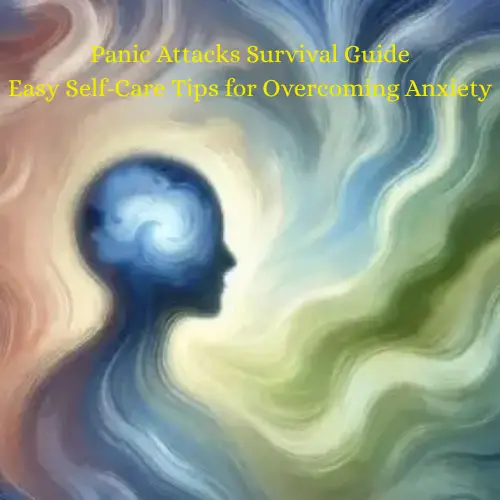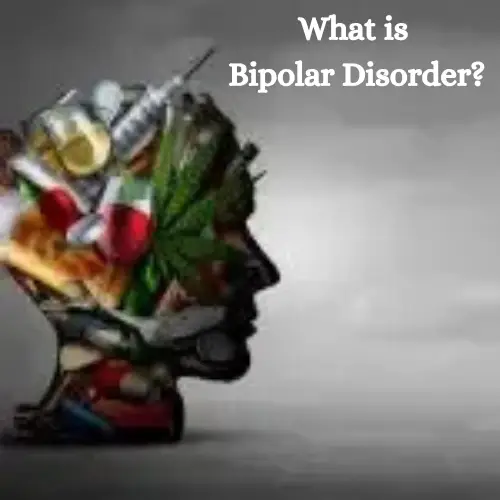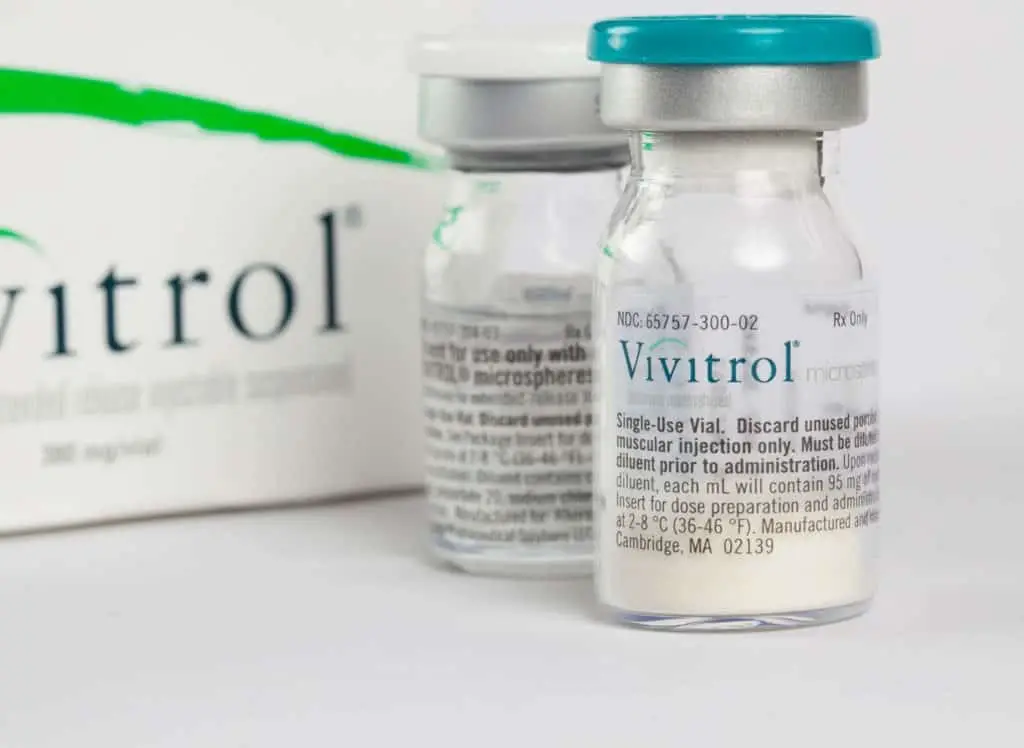Mental Health Awareness: Simple Ways We Can Support Ourselves and Others

When we hear “first aid,” most of us think about a bandage, maybe some CPR, right? But mental health first aid? Now that’s something we don’t talk about nearly enough. And it’s probably just as important—if not more. You see, mental health touches every part of our lives. It affects how we think, feel, and interact with the world. Yet, so many of us either ignore it or don’t know what to do when things start to feel off.
So, let’s get real. Mental health awareness is on the rise, and that’s great. But how do we actually take care of ourselves or support the people around us? You don’t have to be a therapist to make a difference. Just knowing some basics—like how to spot when someone’s struggling or what small steps you can take—can be a real game-changer. Let’s dig into this together.
Panic Attack Survival Guide: Easy Self-Care Tips for Overcoming Anxiety

Have you ever been going about your day when, out of nowhere, your heart starts racing? Maybe you feel like you can’t catch your breath, or it feels like the walls are closing in. It’s scary, right? If you’ve had a moment like this, it might have been a panic attack. And guess what? You’re not alone. Panic attacks are way more common than you think, and they can happen to anyone.
The good news is, you can get through them. They’re uncomfortable, for sure, but with a little know-how, they don’t have to control your life.
Maintaining Mental Health in Social Media-Driven World

Social media has become a huge part of our lives. From catching up with friends to staying updated on world events, platforms like Instagram, Facebook, TikTok, and Twitter (now X) are woven into our daily routines. But while social media offers many benefits, it can also have a significant impact on our mental health. Whether it’s the pressure to compare ourselves to others or the overwhelming flow of information, it’s important to understand how social media might affect your well-being and how you can take steps to protect your mental health.
Identifying Eating Disorders and Taking Action

Eating disorders are often brushed under the rug or misunderstood. They affect millions of people, impacting their bodies and minds in ways many of us might not even notice at first. Whether it’s skipping meals, obsessing over calories, or extreme exercise, the warning signs aren’t always obvious, especially when it’s happening to someone close to you—or even yourself. But catching the signs early can make a huge difference. Let’s talk about what to look for, why it matters, and how to get help if you or someone you know might be struggling.
What is Bipolar disorder?

Bipolar disorder also called manic depression, is a mental health condition that causes people to experience extreme changes in mood. Symptoms of bipolar disorder can include periods of depression, followed by periods of mania or hypomania. Although bipolar disorder can be a lifelong condition, it is possible to manage the symptoms with medication and therapy. The highs, or mania, can be very intense and last for long periods of time. The lows, or depression, can be just as intense and last for long periods of time. People with bipolar disorder often have trouble functioning in their everyday lives.
Symptoms of bipolar disorder
Bipolar disorder is a mental illness that causes extreme shifts in mood, energy, and activity levels. People with bipolar disorder can have periods of intense happiness, followed by periods of deep depression. These mood swings can be so severe that they interfere with everyday life.
Pharmacogenomics: Personalizing Psychiatric Medications for Better Results

How pharmacogenomics testing can help in psychiatric medication management?
Pharmacogenomics testing is a relatively new field that is beginning to be used more and more in psychiatric medication management. This type of testing can help to identify which medications will work best for a particular patient, based on their genetic makeup. In this article, we’ll discuss the use of pharmacogenomics testing in psychiatric medication management and how it can benefit patients.
What is pharmacogenomics testing?
Pharmacogenomics testing is a type of genetic testing that can help to predict how a person will respond to certain psychiatric medications. This information can be used to tailor medication treatment plans for individual patients.
How Therapy can Help With Mental Health Disorders?

It’s no secret that therapy can be expensive. But what if I told you that it could be worth every penny? In this article, I’ll be discussing how therapy can help with mental health disorders and why it’s such an important tool for those struggling with their mental health.
What is therapy?
Therapy, also known as psychotherapy or counseling, is a process of discovering and understanding your thoughts, feelings, and behaviors in order to improve your mental health. It can be an incredibly effective treatment for mental health disorders, providing you with the tools you need to manage your symptoms and improve your overall well-being.
What to Expect with Naltrexone: Benefits, Uses, and Side Effects

Addiction is a complex disease that can have many different causes. But regardless of the root cause, addiction always involves changes in the brain. These changes can make it difficult for people to quit on their own, which is why medications like naltrexone can be so helpful. Naltrexone is a medication that helps to normalize brain chemistry and reduce cravings, making it an important tool in the fight against addiction.
What is Naltrexone?
Naltrexone is a medication that has been shown to be effective in treating addiction. It works by blocking the effects of drugs, such as opiates, on the brain. This can help to reduce cravings and prevent relapse. Naltrexone is available in both oral and injectable forms.
Is Vivitrol Right for You? Understanding Its Role in Addiction Recovery

Addiction is a chronic disease that affects the brain and changes the way a person feels, thinks, and behaves. It is a disease that can be difficult to overcome without treatment. However, there are treatments available that can help people struggling with addiction recover. Vivitrol is one such treatment. This article will discuss how Vivitrol works and how it can help people overcome addiction.
What is Vivitrol?
Vivitrol is a prescription medication that can help treat alcohol and drug addiction. It is a long-acting form of naltrexone, an opioid receptor antagonist that blocks the effects of drugs like heroin, morphine, and codeine.
Vivitrol can help people who are addicted to alcohol or drugs by reducing cravings and helping to prevent relapse. It is most effective when used in combination with other treatment methods, such as therapy and counseling.
Regain Control from Opioid Addiction: How Sublocade Supports Recovery

Opioid addiction is a tough battle, affecting millions of lives across the U.S. every day. It can feel like an overwhelming cycle, but the good news is, recovery is possible. One treatment that’s been gaining attention lately is Sublocade, a medication specifically designed to help people manage opioid addiction. But what exactly is Sublocade, and how can it help someone struggling with addiction?
In this post, we’ll explore what Sublocade is, how it works, and why it might be a game-changer in your journey to recovery. If you or a loved one is trying to overcome opioid addiction, understanding what this treatment offers can be a big step toward finding the right help.
